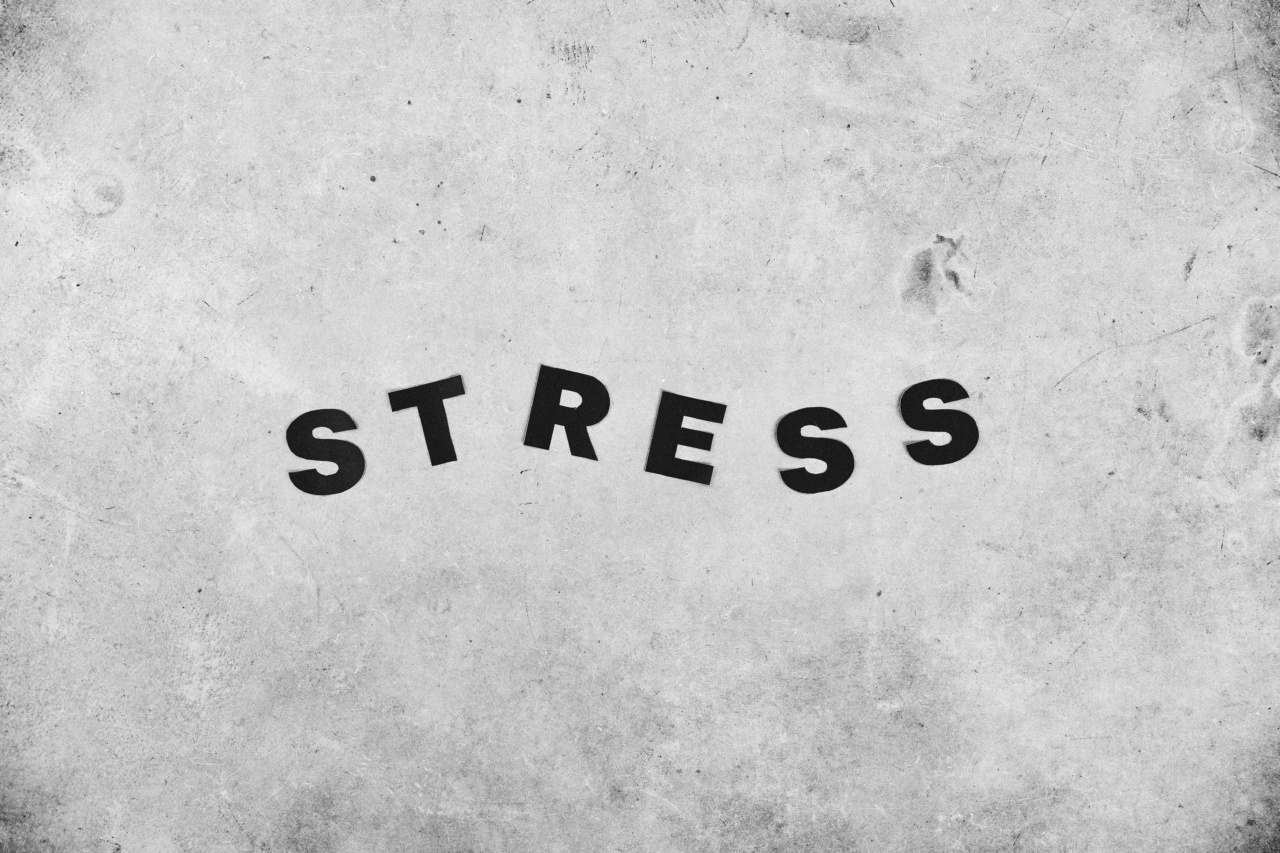For many women, monthly discomfort is an all-too-familiar part of life. From menstrual cramps to mood swings, this time of the month can be challenging and disruptive.
However, by following a few simple steps, you can help alleviate and even prevent some of these discomforts. Here are six simple steps to avoid monthly discomfort:.
1. Maintain a Balanced Diet
What you eat directly affects your overall health, including your menstrual cycle. A balanced diet can help regulate hormonal imbalances, reduce bloating, and alleviate cramps.
Incorporate plenty of fruits, vegetables, whole grains, and lean proteins into your meals. Additionally, avoid excessive salt, sugar, caffeine, and alcohol, as they can exacerbate discomfort during your period.
2. Stay Hydrated
Proper hydration is essential for overall well-being and can also reduce menstrual bloating.
Ensure you drink at least eight glasses of water per day, and consider adding herbal teas or infusions known for their soothing properties, such as chamomile or ginger tea.
3. Regular Exercise
Engaging in regular physical activity can help alleviate menstrual discomfort. Exercise releases endorphins, which act as natural pain relievers and mood enhancers. Opt for moderate exercises like walking, swimming, or yoga.
These activities not only promote blood circulation but also help reduce stress levels, which can contribute to menstrual discomfort.
4. Practicing Relaxation Techniques
Stress and anxiety can exacerbate menstrual symptoms. By incorporating relaxation techniques into your routine, you can help calm your mind and reduce overall discomfort.
Meditation, deep breathing exercises, or indulging in a warm bath can all be effective relaxation techniques that promote physical and mental well-being.
5. Adequate Sleep
Adequate sleep is crucial for maintaining hormonal balance and overall health. Prioritize quality sleep by establishing a regular sleep schedule and creating a relaxing bedtime routine.
Aim for at least 7-8 hours of uninterrupted sleep each night to minimize menstrual discomfort and promote general well-being.
6. Natural Remedies
In addition to lifestyle changes, several natural remedies can help alleviate monthly discomfort. These include:.
A. Heat therapy: Applying a heating pad or taking warm baths can help relax your abdominal muscles and relieve cramps.
B. Herbal supplements: Certain herbs, such as chasteberry and evening primrose oil, have been traditionally used to reduce menstrual symptoms. Consult with a healthcare professional before trying any herbal supplements.
C. Essential oils: Essential oils like lavender, clary sage, and chamomile can be used topically or diffused to promote relaxation and reduce discomfort.
D. Magnesium: Adequate magnesium levels have been linked to reduced menstrual pain.
Incorporate magnesium-rich foods like dark leafy greens, nuts, and legumes into your diet or consult with a healthcare professional about magnesium supplements.
E. Acupressure: Applying pressure to certain acupressure points may help relieve menstrual discomfort. Research specific points and techniques or consult with a professional acupressurist.
Remember, it’s important to consult with a healthcare professional if you experience severe or persistent menstrual discomfort. They can provide personalized advice and recommendations based on your specific needs and medical history.
By implementing these simple steps and considering natural remedies, you can take control of your monthly discomfort and promote a healthier, more comfortable menstrual cycle.































